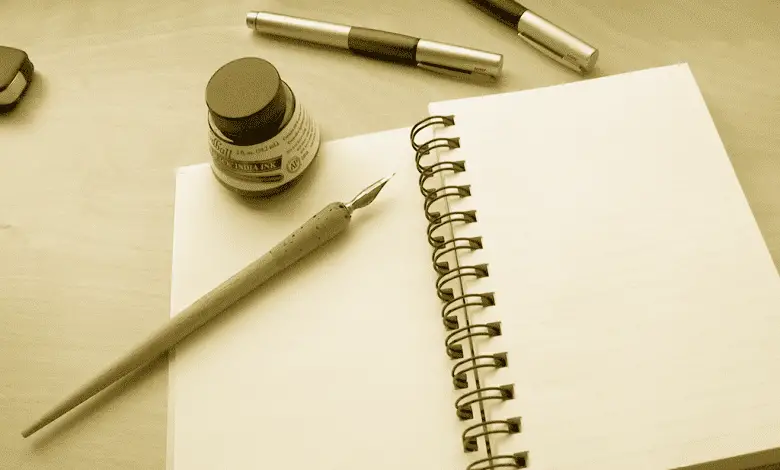
Once upon a time: children’s books need disabled heroes
Alexandra Strick talks to Disability Horizons about her work to make children’s books more inclusive and accessible.
When I was a child, the typical children’s book depicted a white middle-class family with mum at the kitchen sink, and dad coming home from the office to be greeted by their two point five children.
Thankfully children’s books are rather more diverse than they used to be. Today’s children’s book characters come from a varied range of ethnic backgrounds, they live in differently shaped families, and there are an increasing number of strong female role models.
However, one problem remains. Of the many thousands of children’s books published each year, just a paltry few feature disabled characters.
I believe very strongly that children’s books need to change and to become fully representative of a society in which one in five children has some form of special educational needs.
We don’t just need more books about disability, we also need books which include disabled people as heroes and heroines alongside the rest of the book’s characters without any reference to the fact that they happen to be disabled.
Books featuring disabled characters are of course important in terms of ensuring that disabled children feel included and accepted. However, it’s also important that we convey positive messages to non-disabled peers, to help all children develop acceptance and respect.
When I first started working in the children’s book world, I remember being surprised to notice quite how few books featured disability, and I started to actively seek them out. That was fifteen years ago, and yet sadly the number is still pitifully low. So in recent years I have worked as a consultant, campaigner, book award judge, writer, trainer, speaker and often volunteer to try to help change the children’s book landscape.
I’ve been lucky enough to work on projects like Scope’s In the Picture and on initiatives I’ve developed with Booktrust (the national charity concerned with books and reading).
Together with other enthusiasts like the freelance editor Beth Cox, I try to find as many ways as possible to redress the balance. Working with agencies like Booktrust, we highlight those books which do offer positive images of disability to help ensure they are available in schools, libraries and bookshops.
We also approach writers, illustrators and publishers, as many simply haven’t thought about this deficiency, and are very willing to consider ways to recognise disability in their stories and pictures, if they are given the right reference material.
I am also keen to use these valuable links in the book world to find ways to help children’s books to become more accessible and appropriate for children with additional needs, perhaps through a national campaign.
Above all, an integral part of what I do involves simply giving disabled children a voice in the book world. From what disabled friends and colleagues say, I’m very aware that positive attitudes towards disability need to start young. From an early age, children need to recognise that disability is not something strange or frightening, but just a natural part of life.
So I am also working on a project to help support more positive attitudes and inclusive activities in schools. It will work as an online resource aimed at giving disabled children a platform for sharing their requests, experiences and ideas on how best to promote positive attitudes to disability, be it in books, in the classroom or in society as a whole.
Linked to this, I have also co-written a picture book which I hope will help to buck the trend. It is due to be published next year and whilst not about disability in any way, it will aim to feature many subtle, almost subliminal, positive images and messages about disability and inclusion. Again, I am involving a team of young disabled people to help ensure that the book really does represent a positive picture of disability and inclusion.
If anyone reading this piece would be willing to feed their views into the online resource, picture book, campaign or any of the resources I am working on, please contact me and I would be delighted to tell you more. And I will carry on trying to play my part in ensuring the children’s book world really does listen to disabled children and their families. Because, surely, disabled people should be naturally and positively included in the landscape of children’s books, just like everyone else.
By Alexandra Strick
To contact Alexandra Strick please email her here.
Read all about twelve-year-old Tilly Griffiths book, Tilly Smiles, based on her experinces and adventures.
Are you a budding writer? We’d love to hear from you and, hopefully, feature your work. So get in contact by emailing us at editor@disabilityhorizons.com, tweeting us @DHorizons or sending us a Facebook message.